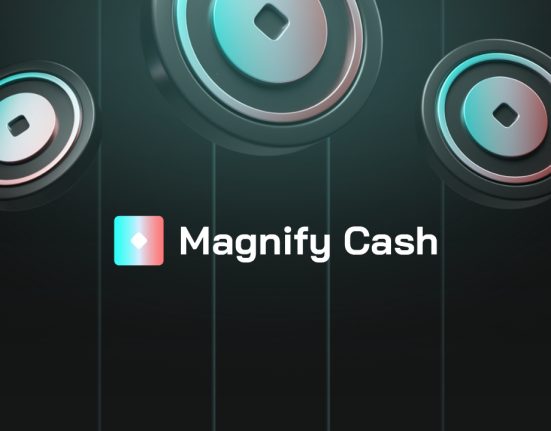The Indian Finance Minister Nirmala Sitharaman today Tuesday, February 1, 2022, stated that there would be a 30% levy on any income from the transfer of digital assets in the country. Both crypto and NFT income would be affected by the 30% levy. This “30% Levy” move makes India the first for the nation. In her critical India budget speech that lasted for over two hours, Minister Nirmala said,
“There has been a phenomenal increase in transactions in virtual digital assets. The magnitude and frequency of these transactions have made it imperative to provide for a specific tax regime.”
To capture details of all cryptocurrency transactions, India also proposed a 1% tax deduction at source on payments made related to the purchase of virtual assets. She said,
“No deduction in respect of any expenditure or allowance shall be allowed while computing such income except the cost of acquisition. Further, loss from the transfer of digital assets cannot be set off against any other income. Gift of virtual digital asset is also proposed to be taxed at the hand of the recipient.”
CBDC Launch in 2022-23
Minister Nirmala added that the issuance of the country’s digital rupee, may likely occur in 2022-23. This makes it the first time the Indian government would be giving a timeline on its CBDC launch. She added that the “digital rupee” would be “issued using blockchain and other technologies.
This will give a big boost to the economy” and reduce dependency on cash. Digital currency will also lead to a more efficient and cheaper currency management system,” she added.
This is in congruence with the earlier move made by India’s central bank, RBI (Reserve Bank of India). The bank had earlier indicated its interest in launching a pilot CBDC project in the fiscal year April 2022 to March 2023.
Presently, India’s cryptocurrency ecosystem had several demands which included a classification of cryptocurrencies, clarity on taxation, and a self-regulatory framework shaped by the crypto industry. While clarity on taxation has emerged, the formal classification of cryptocurrency is awaited.














